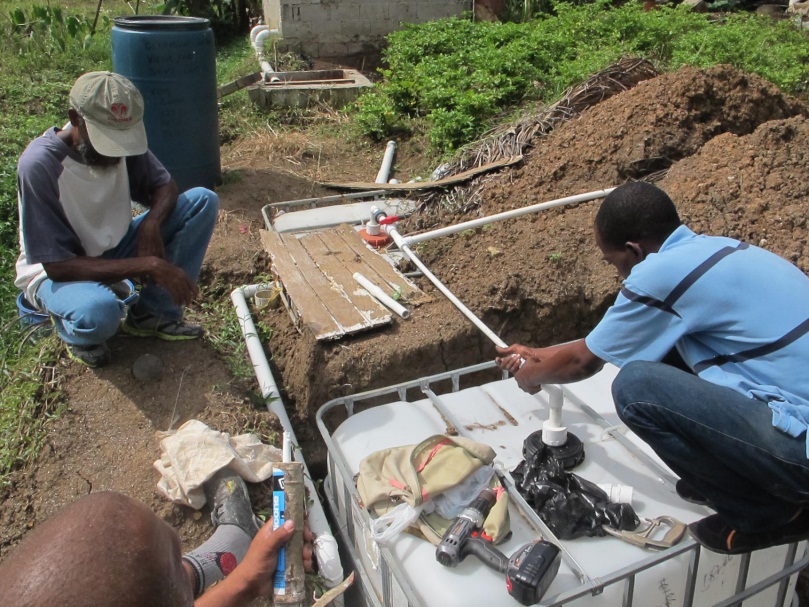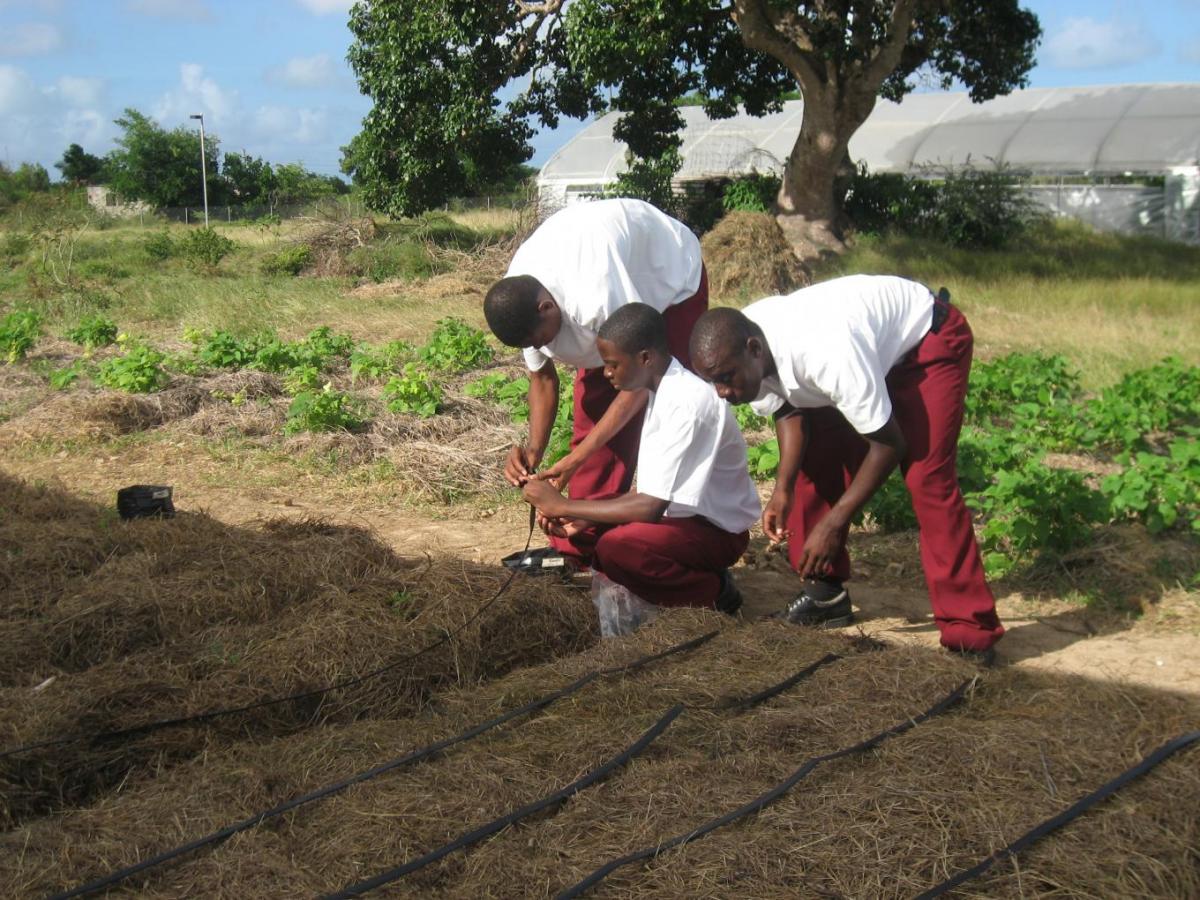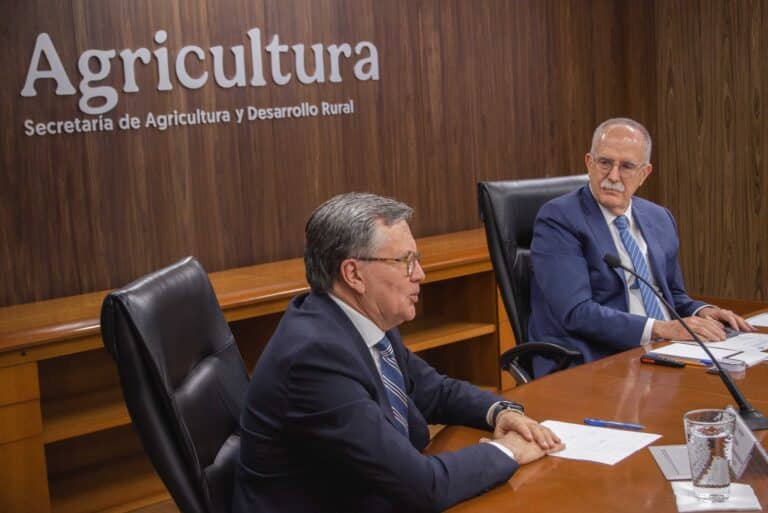A competition organized by IICA and the Ministries of Agriculture rewarded successful cases of technology use and good practices for addressing and minimizing the impact of climate change on agriculture.

Cooperative of St. Lucia installing a biodigester.
A competition, Climate Smart Agriculture: Stories from farmers of the Eastern Caribbean States, organized by IICA and the six ministries of agriculture from the Eastern Caribbean States, has awarded successful cases that have used different climate smart technologies and practices to respond to the impacts and minimize the risks of climate change on agriculture.
The Regional Winners include the Sir McChesney George Secondary School (Barbuda); the Belle Vue Farmers’ Cooperative (St. Lucia) and the Grenada Organic Agriculture Movement. At a national level, the 4-H Local Leaders Association of Dominica; the New River Farmers’ Co-operative Society of St. Kitts and Nevis; and the Richmond Vale Academy of St. Vincent and the Grenadines were recognized with top prizes. Each of the winners has been recognized in a national level ceremony.
Each of the cases exemplifies the successful use of best practices and implementation of agricultural technologies that have contributed to enhancing adaptation and resilience to climate change, increasing productivity and food security, and, where possible, reducing emissions. These efforts are leading the way towards making the Caribbean agricultural sector more climate-smart.
Among the types of technologies implemented are:
• Improved water and soil management
• Use of renewable energy
• Diversification of crops and sources of income
• Introduction of climate resilient varieties
• Alternative farming methods
• Agroforestry
• Capacity development, and others.

Organic Agriculture Movement.
Benefits documented include enhanced water use efficiency, less dependence on imports, improvements in the availability of fresh food, better soil fertility, increased productivity, reduced emissions and increased capacity to respond to climate change.
Efforts are now underway to document and disseminate these cases through videos, case profiles, webinars and other events so others can learn from these organizations that have been leading the way.
The regional winners will be recognized during the Caribbean Week of Agriculture, to be held in October in Cayman Islands.
For more information, contact Kelly.witkowski@iica.int or Daniela.medina@iica.int
See photos of competition winners.
See video & case study of Belle Vue Farmers’ Cooperative, St. Lucia.
*This post appears in the IICA Delegation in the USA Newsletter – July – August 2016











